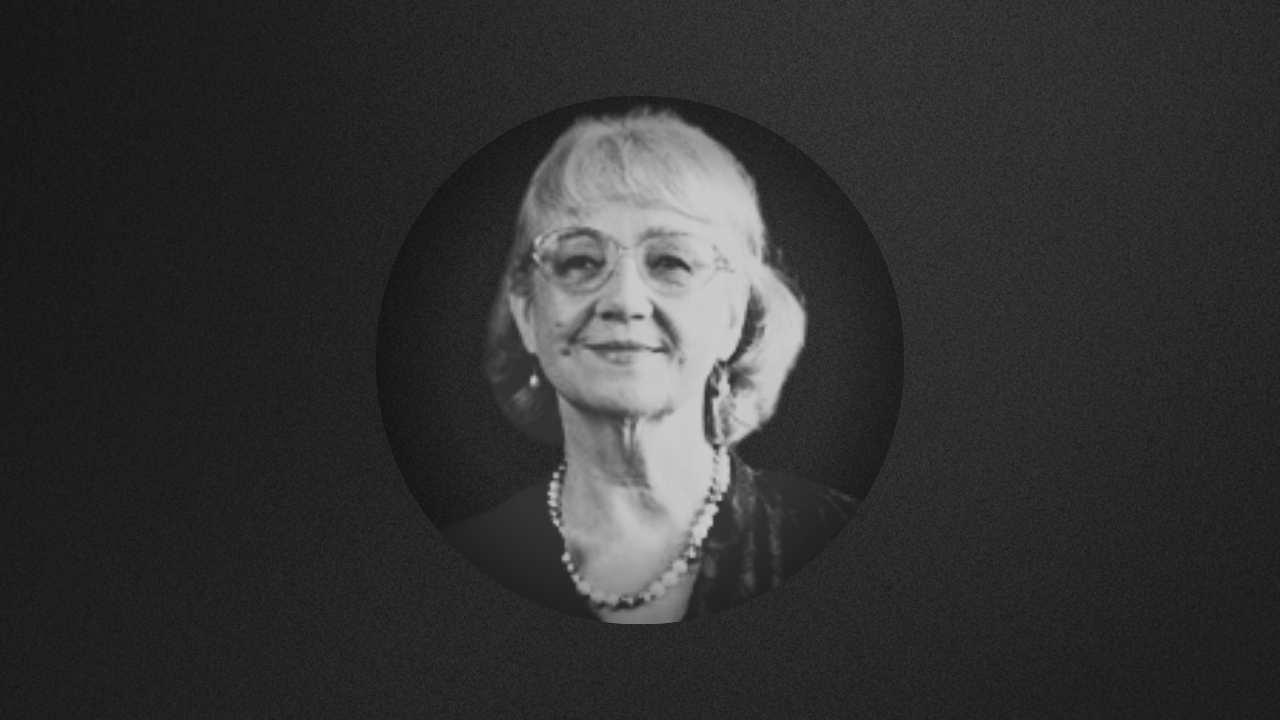I think it’s important to note beforehand that Ego Development Theory, along with other ‘maps’ and ‘models’ on this website, are advanced products of Maya. They may have utility for the person, but they must be discarded for direct experience.
Jump To:
- Summary of Ego Development Theory
- Pre-Conventional Stages
- Stage 1: Symbiotic
- Stage 2: Impulsive
- Stage 2/3: Opportunistic
- Conventional Stages
- Stage 3: Conformist or Diplomat
- Stage 3/4: Expert
- Stage 4: Achiever
- Post-Conventional Stages
- Stage 4/5: Pluralist
- Stage 5: Autonomous/Strategist
- Stage 5/6: Construct-Aware/ Magician
- Transcendent/Transhuman Stage(s)
- Stage 6: Unitive
“Our own strongly held values have to be renegotiated when we enter a new view of reality. In the extreme, we can say that with each transformation we are actually entering a new reality with its own rules, laws and language. For this reason, the relationship to almost any concept can be shown to differ along the developmental path. A persons understanding of power, feedback, love, integrity and truth, for instance, changes with increasing development.”
– Susanne Cook-Greuter
Summary of Ego Development Theory And The Stages Of Ego Development
Susan Cook-Greuter has been recognised for her exceptional research and findings in both Ego Development Theory (EDT) and the function of language in meaning-making.
Cook-Greuter’s Ego Development Theory (EDT) is a developmental model that forms a roadmap for how the human psyche develops throughout one’s lifetime. The theory is based on her research paper “Nine Levels Of Increasing Embrace In Ego Development: A Full-Spectrum Theory Of Vertical Growth And Meaning Making” which you can read here. The paper is excellent.
The model is grounded in sentence completion tests. It is based on 9 stages which outline an “idealised” version of our evolving self-identity, or in other words, the ego. It’s helpful to look at this model and recognise the development of self and others.
Each stage has a unique worldview. None are transitional stages, and each stage holds its complex view of the self and how it understands reality.
The model doesn’t judge whether you “have” an ego or not. It looks at the nuance and sophistication of your ego; how is it used at each stage?
Before we talk through each stage, it’s important to note that none of them are good or bad; they are as they are.
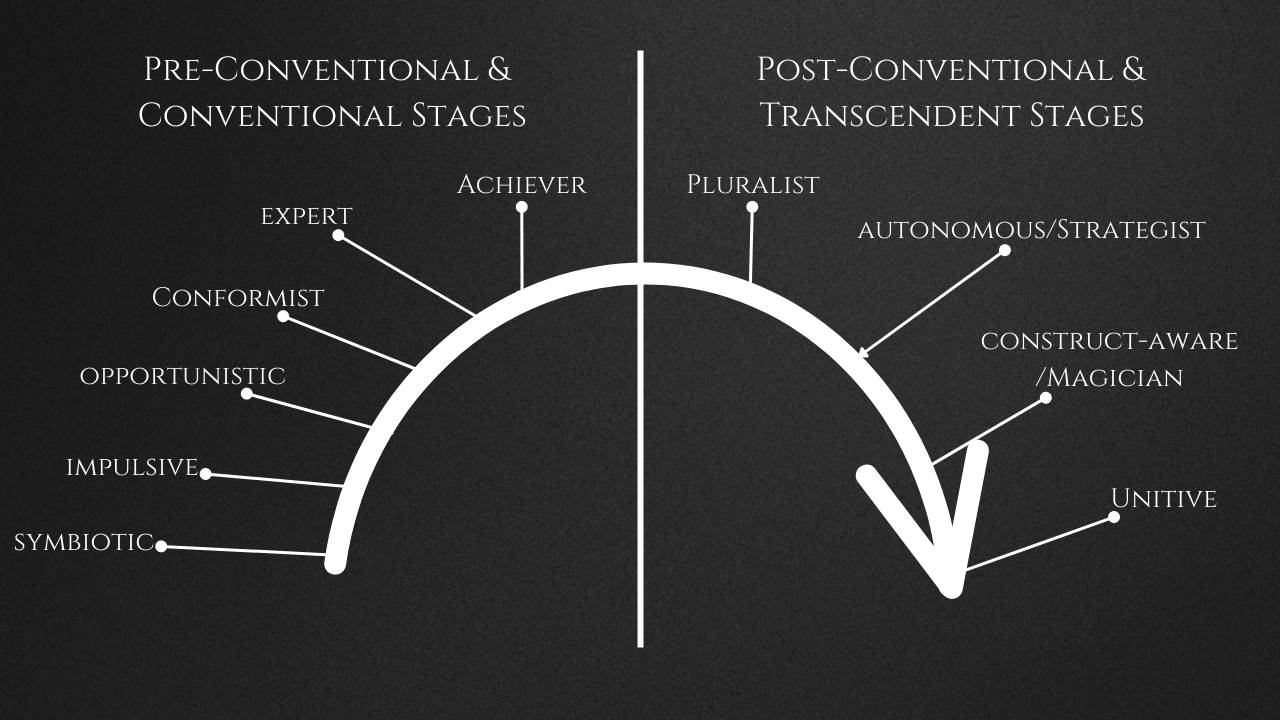
Pre-Conventional Stages
Around 5% of US Adult Population (Based on Susan Cook-Greuter’s Research) reside within the Pre-Conventional Stages. Within the Pre-Conventional Stages you will find:
- Stage 1: Symbiotic
- Stage 2: Impulsive
- Stage 2/3: Opportunistic
Of the 5% of people who reside in the Pre-Conventional Stages, 4.3% of these are at the Opportunistic Stage.
Stage 1: Symbiotic
“It is at this stage that infants first begin to construct a stable world of objects for themselves.”
– Susanne Cook-Greuter

At the Symbiotic Stage, there is no perspective of the self, others or the world. It is primitive and the ego has not yet developed. There is no independence here, and the individual is dependent on its parents or culture for survival. There is no ability for discernment and indoctrination begins here.
Examples of who you will find at this Stage:
- Young Infants
- Adults who are non-verbal, usually institutionalised with a mental or learning disorder.
Stage 2: Impulsive
“At this stage, you’re totally dependent upon others, and if you’re reasonably well cared for, you make sense of being alive by feedback from your sensations.”
– Susanne Cook-Greuter

At the Impulsive Stage, individuals begin to create a sense of self and begin making sense of the world around them. The person discovers self with movement and exploring the environment. There is a lot of black-and-white thinking found within this stage (For example, people are either good or bad, right or wrong etc) and selfish behaviour.
There is no critical thinking here, and the mind is still very fragile. It is still mostly dependent upon others for its survival and will see others as a means to satisfy their own needs and not as independent individuals.
Examples of who you will find at this Stage:
- Toddlers
- Children between 5-10 years old.
- Adults with Mental Handicaps, Head Injuries, etc.
Stage 2/3: Opportunistic
“This is a stage of differentiation, of emerging out of total dependence on the care of others.”
– Susanne Cook-Greuter

As individuals progress through to the Opportunistic Stage, there is a more complex sense of self and others, but with little insight. Individuals understand that others have their own wants and needs, but have very little regard for them. Others welfare is not considered.
The individual will begin to use manipulation of others to get what they want. They are aware of physical differences and will take this into account.
Individuals at the Opportunistic Stage are usually uncivilised. They think about the present moment selfishishly, with little care for the consequences of their actions. There is no forward planning or strategic thinking.
At this stage there is little self control and so we may see aggression, anger and “acting out”. There is blame for others, but never for oneself. If things go “Wrong”, it is always someone else’s fault with a lack of responsibility. We do not see emotions such as shame and guilt due to the lack of human civilisation.
Relationships at this stage are very child-like. They’re volatile, toxic and immature due to one’s lack of responsibility.
Although this stage seems “negative” at first look, “success” can be achieved here. Individuals may be able to build successful businesses based on “Opportunity”, but are often morally questionable. Examples of this may be scammers, Ponzi-Schemes or thieves.
The language style at this level is usually very simplistic.
Conventional Stages
Around 75-80% of the US Adult Population reside at the Conventional Stages and is where most humans reside. It’s easy to get “stuck” in this area because the masses reside here – ‘birds of a feather, flock together’.
At the Conventional Stages you will find:
- Stage 3: Conformist (11.3%)
- Stage 3/4: Expert (36.5%)
- Stage 4: Achiever (29.7%)
Stage 3: Conformist or Diplomat
“Their self-identity is defined by their relationship to a group.”
– Susanne Cook-Greuter
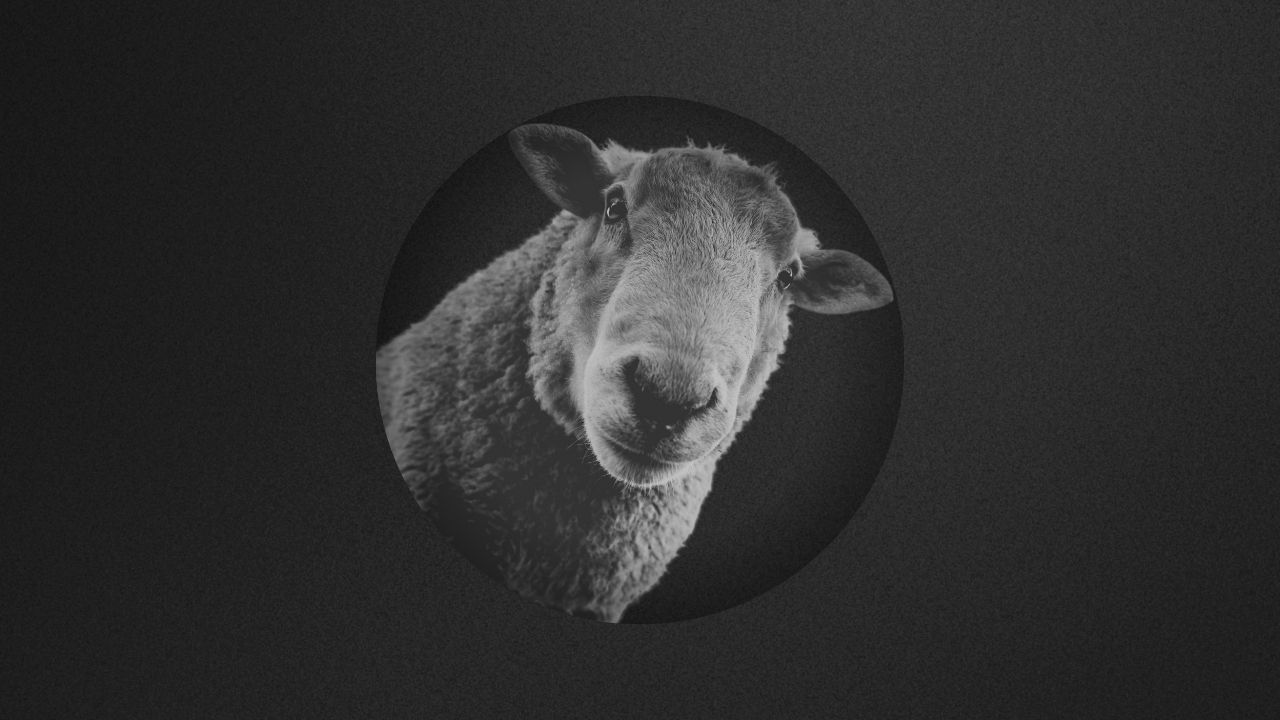
At the Conformist Stage, the ego plays by the rules. This Stage is about accepting and obeying their community. Their biggest fear is being “shunned” from the group. Thinking is based on “group think”, upholding traditions and accepting social norms without introspection or questioning. Here, you find the “sheeple”, those that blindly follow the crowd and long to fit in.
The Conformist Stage is very tribe oriented, with us-vs-them thinking. They are unable to step outside of their own tribe’s norms and thinking to gain an understanding of another’s. They do not understand that other groups also hold “absolute” beliefs, like they do. For them, there is no distinction between beliefs and reality. There is no recognition that beliefs can be wrong; to a Conformist, they are facts.
You will find a lot of fundamentalist religious groups here, and spirituality is often materialistic and literal. Metaphors do not compute at this stage; for example, Heaven and Hell are literal places, not perhaps, states of mind.
-
School Children and Teenagers want to fit in with the “Cool Kids” and their “Group.”
-
Fundamentalist Religious Groups
-
War Criminals
Stage 3/4: Expert
“This stage has a distinctly different clinical feel than earlier stages. Individuals begin to have access to some self-understanding.”
– Susanne Cook-Greuter
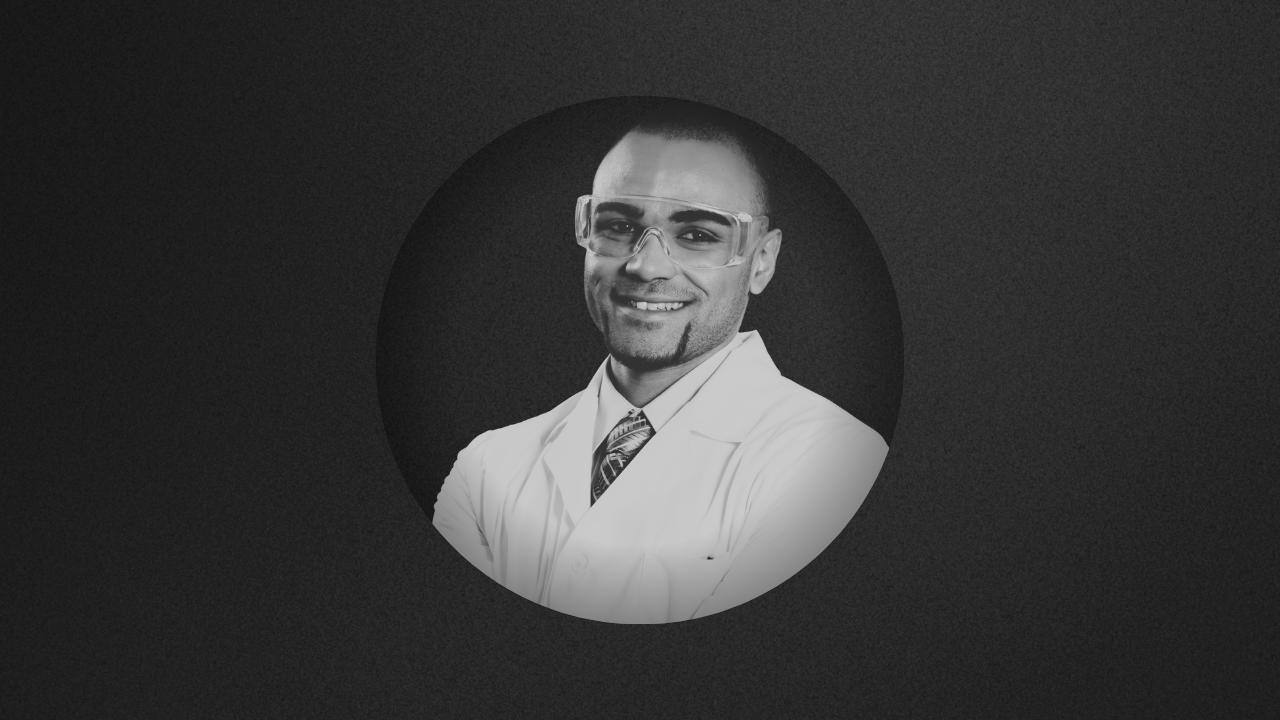
The Expert stage is a latter part of the Conventional Stages. Here lie the beginnings of self-reflection, yet their mind is still predominantly focused outwards.
Within the Expert Phase, the individual wants to be unique and find their own voice. They may want to break away from their family and assert their own wants and needs.
Individuals demand respect here and hope to earn it through their skills and knowledge. They also want intellectual superiority over others. This boosts the ego, which gains pride from being “the best”.They enjoy criticising others they deem as “wrong”, such as the left of politics criticising the right, and so forth. Naturally, there are superiority complexes found here.
At this stage, the individual will begin to question authority, religious beliefs and dogma. They now look back at their old “Conformist” self as inauthentic and fake, whereas now they think they’ve found their “true self”. They see everyone else as a “sheep”, following the crowd, whilst they have the “right and superior opinions”. They have life figured out. They believe they have the truth.
The individual favours degrees and professional papers over myth and religion, and science is the new authority.
Stage 4: Achiever
“This is the first stage where people grasp that they can continue to grow in mind and heart as adults.”
– Susanne Cook-Greuter

The Achiever is the final Conventional Stage. Here, the individual becomes enthralled with personal development. Self-knowledge excites them, and lifelong learning becomes an integrated part of themselves.
The individual will find an interest in basic psychology and can see how the field shapes our life, behaviours and our ability to be successful. They can discover themselves by reviewing past experiences and focusing on their future wants and needs. They know where they want to be in the next 10 years and strive to achieve it.
They become serious self-help junkies and set themselves goals and plans. They like to use their time effectively and stay on the path of continual learning. They feel a big responsibility to live up to their potential and feel guilty for not doing so. They can be highly self-critical. You will find Achievers at retreats and workshops.
The Achiever begins to value others for who they are and not for what they can gain from them.They become less selfish and manipulative, and relationships are now more important to them. They are less likely to project onto others.
The individual now questions the “shoulds” of society and groups. They don’t just follow the crowd. They use their critical thinking faculties.
Examples of who you can find at this Stage:
-
Those at the beginning of their “Self Help” journey.
Post-Conventional Stages
Around 15-20% of the US Adult Population reside within the Post-Conventional Stages. Within the Post-Conventional Stages you will find:
- Stage 4/5: Pluralist (11.3%)
- Stage 5: Autonomous / Strategist (4.9%)
- Stage 5/6: Construct-Aware / Ego-Aware / Magician (1.5%)
In the previous stages, the ego was preoccupied with constructing itself. In the Post-Conventional stages, the ego begins to deconstruct itself. All problems now become a matter of the mind, not the “perceived” problem itself.
Stage 4/5: Pluralist
“A big discovery for this stage is the relativity of points of view.”
– Susanne Cook-Greuter
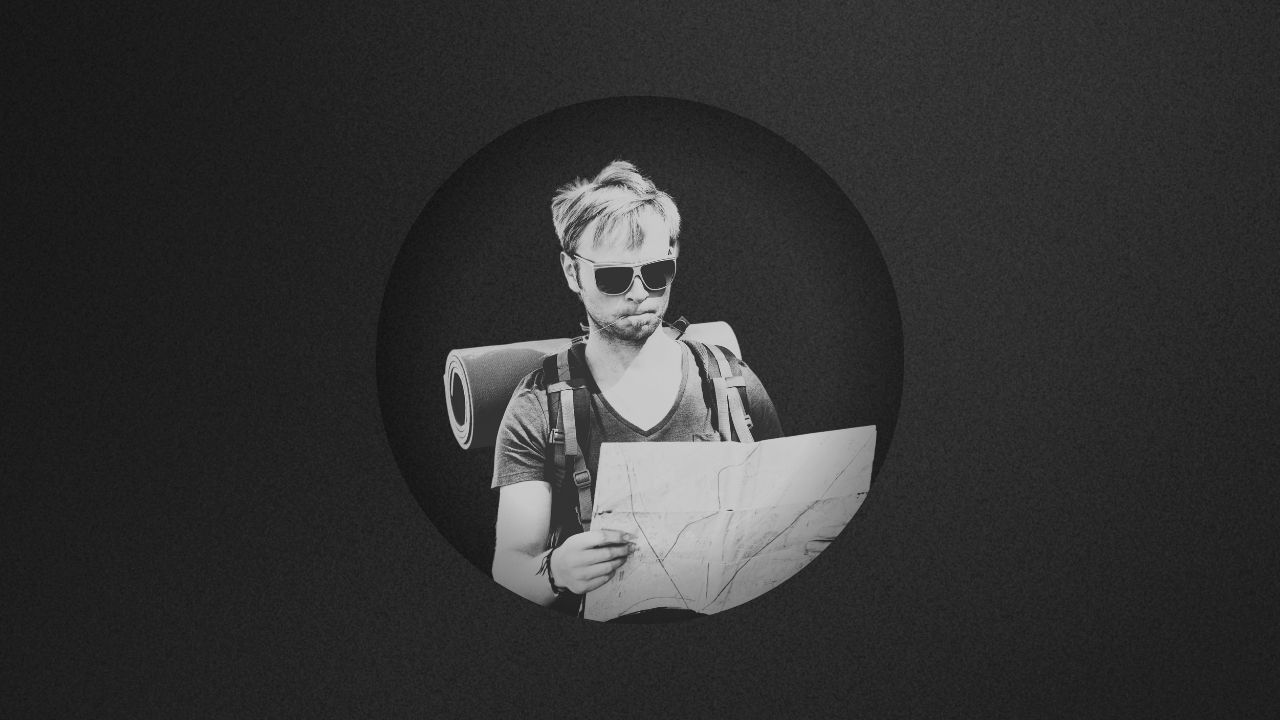
The Pluralist is the first stage within the Post-Conventional stages. Here, the individual realises they are not immune from society’s brainwashing and, most importantly, their own mind.
They are aware of how society and external forces (such as family etc.) have shaped their worldview and values. They also question how they came to hold their beliefs.
They begin to ask; How do we know what we know?
They realise their own mind can be a detriment to themselves. They begin to understand self-deception, question their assumptions, and relish novel mental freedom.
The Pluralist realises the limitations of logic and rationality. They have opened their minds to sources beyond science, which was highly regarded in previous stages.
The individual will now be open-minded to their feelings, intuitions and insights. They no longer need things to be “proven” to have a level of belief and understanding.They understand that rationality and logic have limitations and that all perspectives are valid.
Individuals understand that the journey and exploration towards a goal is more important than the goal itself. To the Pluralist, value is found in the insights they encounter along the way, not the endpoint. They may feel their work-life is not fulfilling themselves or the world.
Yet, the Pluralist may find themselves in a few traps. The individual may still be judgemental and not appreciate those at the prior stages or who hold different values. Due to this, they may feel isolated from those in the Conventional Stages.
As the Pluralist has a relativistic attitude and can see the value in different perspectives, others may view them as immoral.
Stage 5: Autonomous/Strategist
“The Autonomous stage is the first level that fully recognizes the need and value for the existence of all stages both in terms of diversity in society as well as in terms of one’s own development. At least, in the ideal.”
– Susanne Cook-Greuter
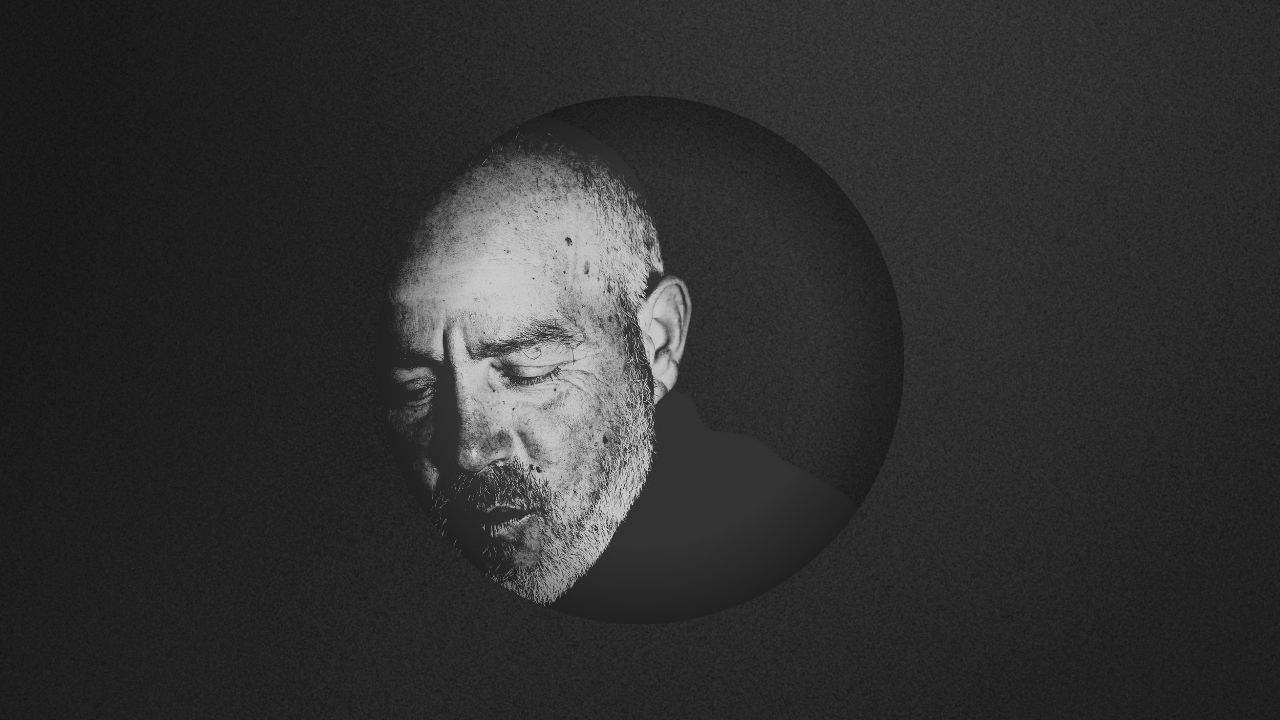
The Strategist is the first stage in the model that truly recognises the need for the lower perspectives and how they all play their function. They can identify how they have moved through the previous stages and have compassion and understanding. They may still hold some frustration for the slow development of others, however.
The individual at the Strategist Stage is a truly independent thinker. Please note that this is very rare. They do not simply “copy” or take on others’ ideas or beliefs but can generate new ideas and meaning. They also take responsibility for their own interpretations and perceptions.
The Strategist understands what mankind could become and, therefore, has a sense of a larger mission for their life. They hold themselves to a high standard, knowing life is a sequence of never-ending growth and that they are in a constant state of transformation.
Their life purpose becomes the most important thing for them. The Strategist can become frustrated when they cannot live up to this purpose or fulfil their potential. There can be a loss of courage when they feel their vision is difficult to reach.
Here, the individual knows how hard it is to be a responsible, mature adult yet tries their best to be this way. They take responsibility for their own feelings, thoughts and behaviours yet ultimately know the complexity of the human being and can forgive themselves when appropriate. They place a high value on authenticity.
Stage 5/6: Construct-Aware/ Magician
“It is precisely in the tension between polar opposites that the most active engagement with life is experienced.”
– Susanne Cook-Greuter
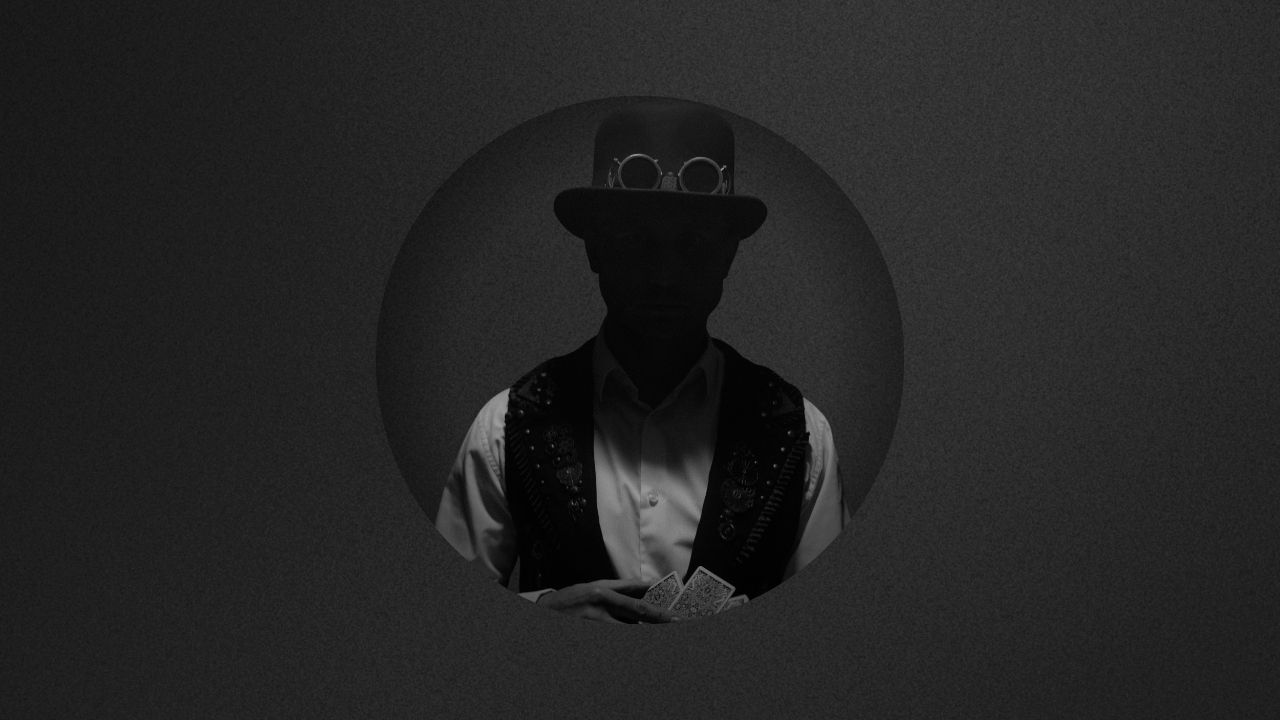 At this stage, the Magician has become aware of the constructive nature of reality. They understand that everything in life they took as accurate was subjective. They’re aware of how their mind has played a role in constructing this reality.
At this stage, the Magician has become aware of the constructive nature of reality. They understand that everything in life they took as accurate was subjective. They’re aware of how their mind has played a role in constructing this reality.
For the Magician, they understand that human beings have to deal with the existential problems of their mind, which inevitably shapes a false reality. On reflection, they know that all ideas of right and wrong, good and evil, and so forth are false notions. They also understand that there may be no concept of reality without this constructive process.
The Magician understands the significance of their existence and that life is a deeply personal process. Thoughts regarding money, cars, or material items become relatively shallow in retrospect. However, they maintain a fundamental interest for survival purposes. They lack a need for rewards or success and allow themselves to sow seeds which may or may not germinate, knowing that either result is okay and as is.
The individual here has a new perspective of the self. The Magician understands that the ‘self’ is dynamic and ever-changing. What they regarded as the “self” in previous stages was just an amalgamation of beliefs, ideas and concepts stitched together through external forces.
They understand the futility of the quest for meaning. In their seeking, they find themselves saying ‘So what?’ How does ever more cognitive complexity serve our daily living and our understanding of the human condition?’.
The Magician takes responsibility for the meaning we give things and knows it can change. The individual no longer tries to control their thoughts or feelings and becomes the observer without trying to manipulate them.
The Magician finds themselves with a greater connection to their intuition, feelings, dreams etc. These concepts are just as important as logic and rationality when making sense of experiences.
Transcendent/Transhuman Stage(s)
Less than 1% of the US Adult population reside within the Transcendent/Transhuman stages. It’s rare to reach this stage, and it’s the highest stage of ego development, according to Greuter.
Stage 6: Unitive (0.5%)
“They are no longer driven by desires to be one way or another, to achieve one state or another. Instead they can let go of the unattainable and rest in the experience of being.”
– Susanne Cook-Greuter

We are now at the final stage of human development, the Unitive Stage, where only 0.5% of the US population resides.
At the Unitive Stages, the individual is grounded in the present moment. They become a witness to everything in life, which is their natural state.
There is a profound sense of self-love and self-acceptance, with a sense of awe and wonder for even the most “mundane” objects in life. The Unitive individual is aware of Absolute Truth and knows that the rational mind cannot grasp this. There has been a realisation of the interconnectedness between self and the Universe.
They are open to experiencing anything that enters the conscious mind, no matter how painful and ugly. These individuals understand that no experience is better than any other and recognise the vast complexity of life.
Those in the lower stages do not understand the Unitive individual. They may think they’re too concerned with the mystical or psychological, with no end or goal to their journey or practicality. An Achiever may look at a Unitive individual and think, “What are you achieving? What is the point in living this way?”
Yet the Unitive Individual has let go of unattained goals and is no longer driven by desires. They relish in the experience of being. There is nothing else for them other than being. Sitting in silence can feel like absolute bliss.
The Unitive person sees the magic in all of life, from the Ant to the Human. All are equal and as valuable to creation.
You may also like:-
